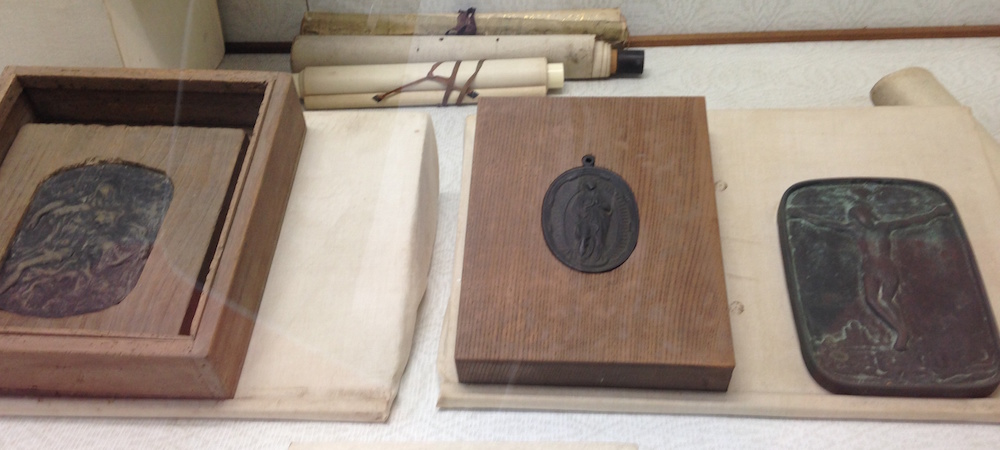In his novel Silence Japanese writer Shusaku Endo tells the story of two Portuguese missionaries in 17th century Japan. After initial pioneering work by Francis Xavier in the 16th century, a small native Japanese church had begun to flourish in the mid-to-late 16th century, possibly growing as large as 100,000 people. Then the government took a hard anti-Christian turn, closed the island to foreigners, and began a harsh regime of persecution against the Japanese Christians.
At the center of this persecution were small icons called fumi-e, pictured above. During the torture, the government officials told the Christians that all they needed to do to end it is agree to trample on the fumi-e, which was understood to be a way of renouncing the faith. To make sure it took, it was common practice in much of Japan to require former Christians to step on a fumi-e once a year. (Silence spoilers below the jump.)
Login to read more
Sign in or create a free account to access Subscriber-only content.
Topics:
